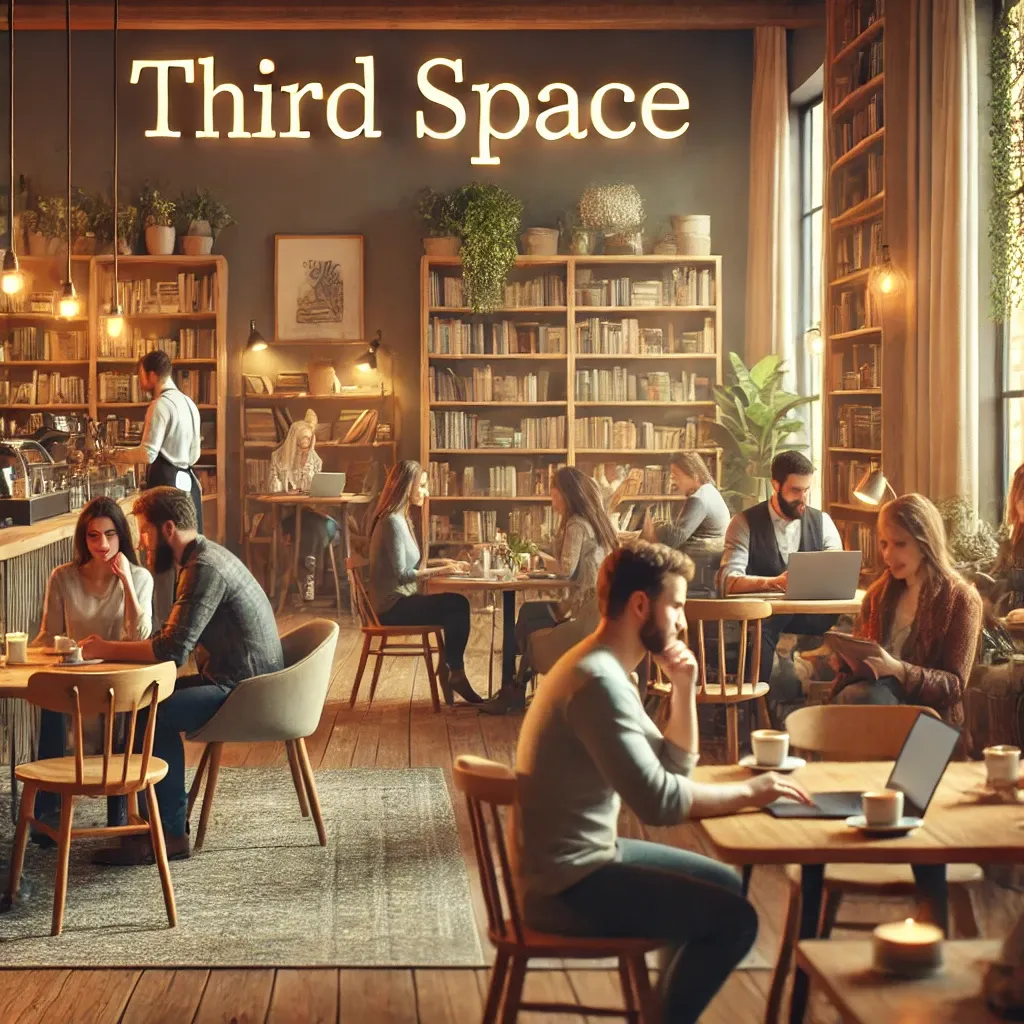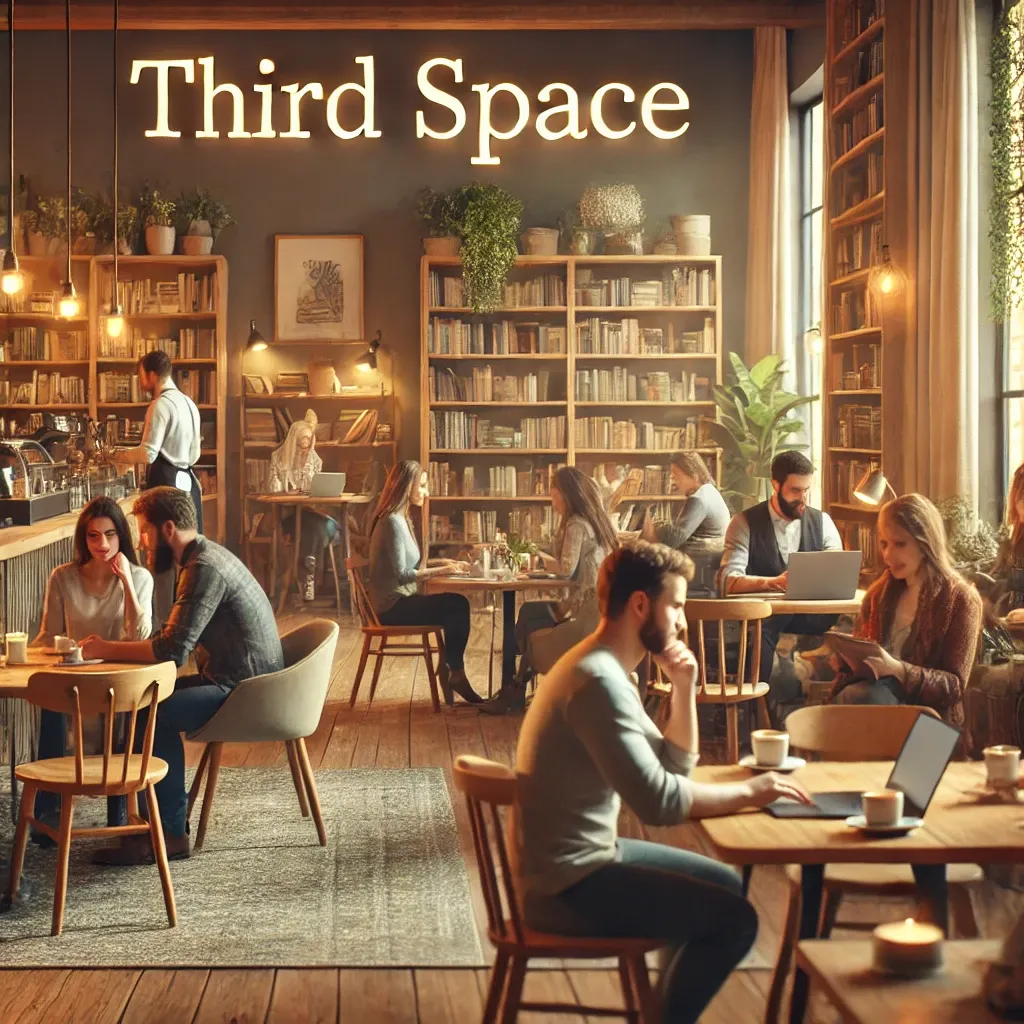
Most of us bounce between our homes and offices like pinballs, but what about that other crucial territory—the places where we decompress, connect with others, and feel part of something bigger than our daily responsibilities?
The Third Space Concept
Back in 1989, sociologist Ray Oldenburg gave a name to something humans have instinctively sought throughout history. In his book "The Great Good Place," he called them "third places"—those social environments that aren't home (first place) or work (second place), but something equally vital.
These spaces aren't just locations—they're lifelines. They're where spontaneous conversations unfold, where you might run into an old friend or make a new one, where the barista knows your order before you say it. They provide that sense of belonging that, frankly, many of us are desperately missing in our increasingly isolated lives.
Where Are These Magic Places?
Think about where you feel most yourself outside of home and work. For many, it might be:
That corner café where the cushions are worn just right, and nobody rushes you to leave The public library where you've found both silence and community The park bench where you've watched seasons change while walking your dog Your gym, where the familiar faces and shared struggle create an unspoken bond The neighborhood pub where everybody might not know your name (this isn't "Cheers"), but where the atmosphere invites you to unwind Your place of worship, offering both spiritual connection and human community That co-working space where the background hum of activity makes your remote job feel less lonely
We've Always Needed This
Humans have always carved out these communal spaces. The ancient Greeks had their agoras—open markets that became the beating heart of democracy and philosophy. Medieval Europeans found connection in taverns and town squares. Throughout the Islamic world, the tradition of the majlis created spaces specifically designed for social and intellectual exchange.
In early America, the general store wasn't just for purchasing goods—it was where news traveled, politics were debated, and community was maintained through simple, daily interaction.
Why It Matters Now More Than Ever
I don't know about you, but after spending hours in Zoom meetings and messaging apps, I crave real-world connection in a visceral way. The pandemic showed us what happens when our third spaces vanish, and many of us are still feeling the effects.
The research backs this up: genuine face-to-face interaction reduces stress hormones, combats depression, and creates a sense of belonging that no virtual happy hour can replicate.
Beyond personal well-being, these spaces:
Spark creativity through unexpected conversations and exposure to different perspectives Break down social bubbles by putting us in proximity with people outside our usual circles Give us breathing room from both work demands and home responsibilities
Finding Your Third Space
If you're reading this thinking, "I don't have a third space," you're not alone. Many of us have let this essential element of life slip away. Here's how to reclaim it:
Start small. Visit your local café at the same time each week. Make it a ritual. Join something based on shared interests—a book club, recreational sports league, or volunteer group. Explore public spaces in your community with fresh eyes. That park you drive past every day? Stop and sit there for 30 minutes. Support local businesses that foster community—the independent bookstore with comfy chairs, the café that hosts local musicians.
Or create your own. I started a monthly potluck dinner with neighbors that's become my favorite night of the month. It doesn't have to be elaborate—just intentional.
More Than Just Places
What I've come to realize is that third spaces aren't just locations on a map—they're anchors that ground us in something beyond our individual lives. They remind us that we're part of a community, a culture, a shared experience.
In a world where burnout and isolation have become epidemic, finding and nurturing your third space isn't just a nice-to-have—it's essential self-care.

